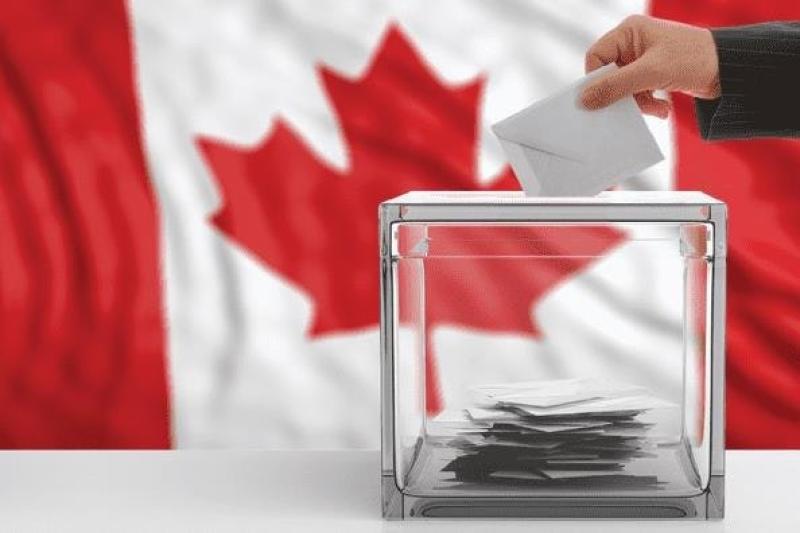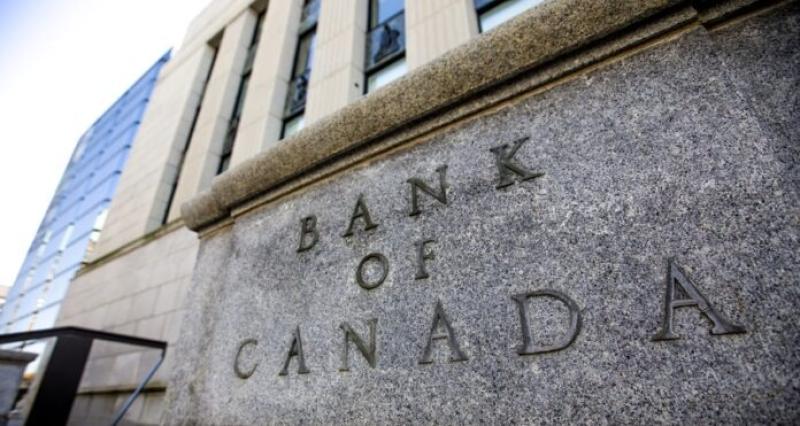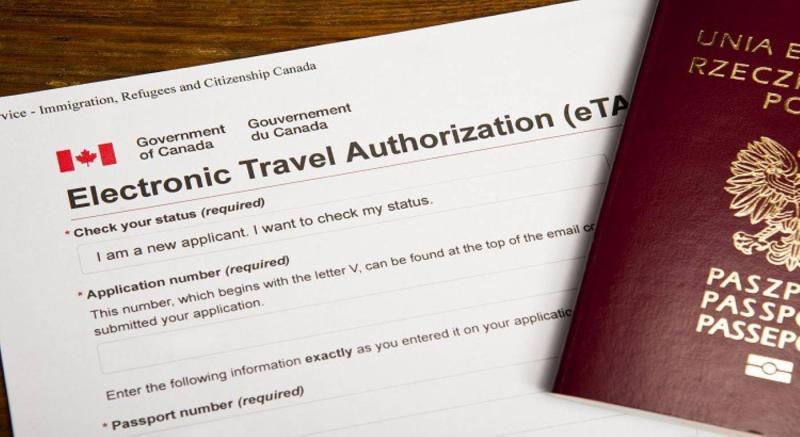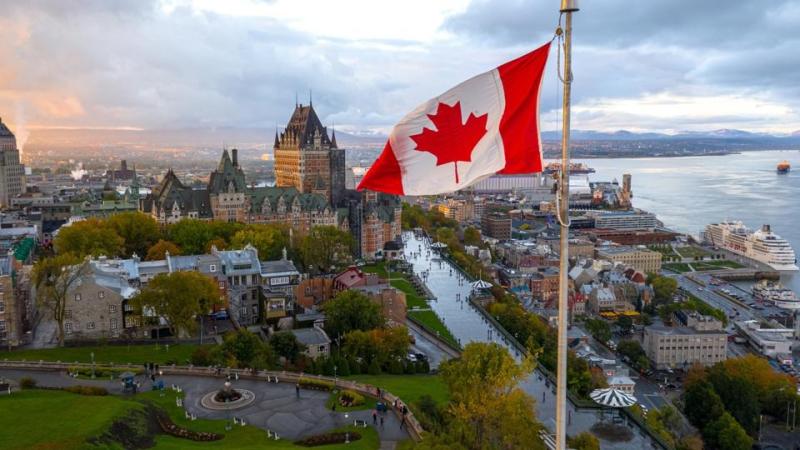Canada’s New Immigration ... A Miscalculated Crisis

Skilled and professional immigrants have long been the cornerstone of Canada’s economic growth and diversity, contributing to industries, filling labour shortages, and fostering innovation, helping to maintain the country’s competitive edge. However, recent developments from the government have raised concerns about their capacity to manage immigration responsibly as it has always been.
Prime Minister Justin Trudeau’s administration recently admitted to a significant miscalculation in the number of immigrants allowed into the country. This admission came with a plan to reduce the number of immigrants by about 20 percent for the coming year. While this apology addressed the surge of immigrants, it left out one key group: refugees.
Furthermore, the proposed reduction fails to address the root of the current crisis—the unregulated influx of international students and refugees, which is straining both social and economic systems.
The real issue isn’t the professional and skilled immigrants who contribute to Canada’s workforce and economy. The problem lies in the unchecked numbers of international students and refugees, which seem to have been ignored or mismanaged for over seven years. These “para-immigrants” are creating chaos in various sectors. From exploiting loopholes in the immigration system to obtaining work permits and permanent residency under false status, the flaws in the system are glaring.
In addition, the rising number of people entering Canada through unregulated channels, many of whom may lack any real intention of contributing to the nation’s future, has caused a surge in crime rates, road rage incidents, and general unrest. Unlike skilled immigrants and legitimate workers, these individuals often have no attachment or concern for Canada’s well-being. They do not share the same values or sense of responsibility as long-term residents, which is reflected in their behaviour and disregard for the law.
What’s even more concerning is that these groups often aim to bring their ideologies and lifestyles with them, creating social friction in Canadian communities. The government’s failure to anticipate the magnitude of these issues only worsens the situation, and its apology seems hollow in the face of such massive consequences. How can we trust a government that allows these mistakes to happen then presents shallow, insufficient solutions?
Blaming the pandemic for the mismanagement of immigration numbers seems like an excuse worse than the sin itself. If the government was “lost” during the pandemic, why has it taken so long to course-correct? Why are international students still being overlooked as the primary contributors to the overburdening of the system?
Immigration is vital to Canada’s future, but only when managed with precision, care, and a long-term vision. The government’s apology and plan to reduce numbers may offer a temporary reprieve, but it fails to address the core of the problem. For Canada’s immigration system to work, it must ensure that those coming into the country—whether as skilled workers, students, or refugees—are contributing to its future, not undermining it.














